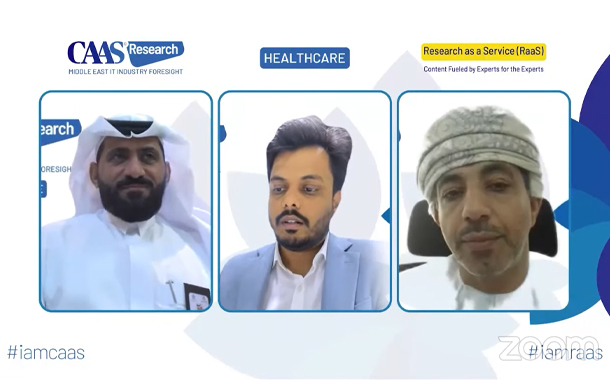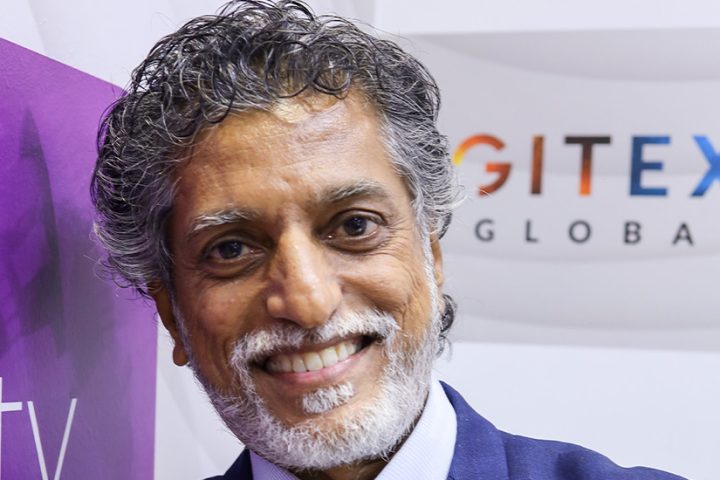CAAS Research unveiled its report, Middle East IT Industry Foresight 2024 – Healthcare, today, which delves into the transformative impact of digital technologies on the healthcare sector in the Middle East. It highlights the integration of telehealth and remote monitoring technologies, leading to more accessible, efficient, and patient-centered care. Technological advancements, including high-speed internet, mobile technology, wearables, and AI, are improving diagnostic accuracy, personalizing patient care, and extending healthcare services to remote populations.
The report examines the challenges and opportunities associated with this transformation, such as interoperability and data security. It provides insights into the potential impact of telehealth and remote monitoring on the healthcare industry. Overall, it aims to equip stakeholders with knowledge to harness digital health innovations for a resilient and high-quality regional healthcare system.
Historically, the healthcare industry has faced challenges in adopting IT at the same pace as other sectors. However, the pandemic has acted as a catalyst, turbocharging digital innovation in the industry . This acceleration is a testament to the industry’s commitment to improving patient outcomes and operational efficiencies.

Jaykumar Mohanachandran, chief research officer at IamCaaS said: “This transformative journey, marked by the integration of telehealth, remote monitoring, EHRs, AI, and cybersecurity, signifies a notable transition towards healthcare that is more accessible, efficient, and patient-centered.
“Our in-depth analysis, based on extensive surveys and research, provides insights into the adoption rates, impacts, and future trajectories of these technologies. We explore the opportunities presented by these innovations as well as the challenges faced by healthcare organizations.”
Explaining the methodology, Shoeb Mohammad, Lead Research Analyst at IamCaaS, said the survey was designed to include a variety of healthcare professionals, from IT directors to CIOs. “Our survey captured insights from over 150 participants across the Gulf region, representing a broad demographic spectrum. This included 72% male and 28% female participants, with designations ranging from IT directors to CIOs.”

The survey was unveiled at a virtual event with a panel discussion featuring Dr. Ismaeel M Almakrami, Executive VP of eHealth at Health Holding Company, Najran Cluster, and Dr. Salim Al-Shuaili, Director of AI and AT Projects Unit at MTCIT.
Al-Shuaili shed light on the challenges healthcare providers face in integrating IT solutions into healthcare. “Limitations in terms of infrastructure and connectivity hinder the implementation of advanced technologies such as AI. Data privacy and security are another concern.”
Almakrami commented: “Ensuring the security of sensitive patient data is a global challenge, not just limited to our region. Healthcare organizations need to invest in robust encryption and access control technologies, and conduct regular security audits and risk assessments.”


























